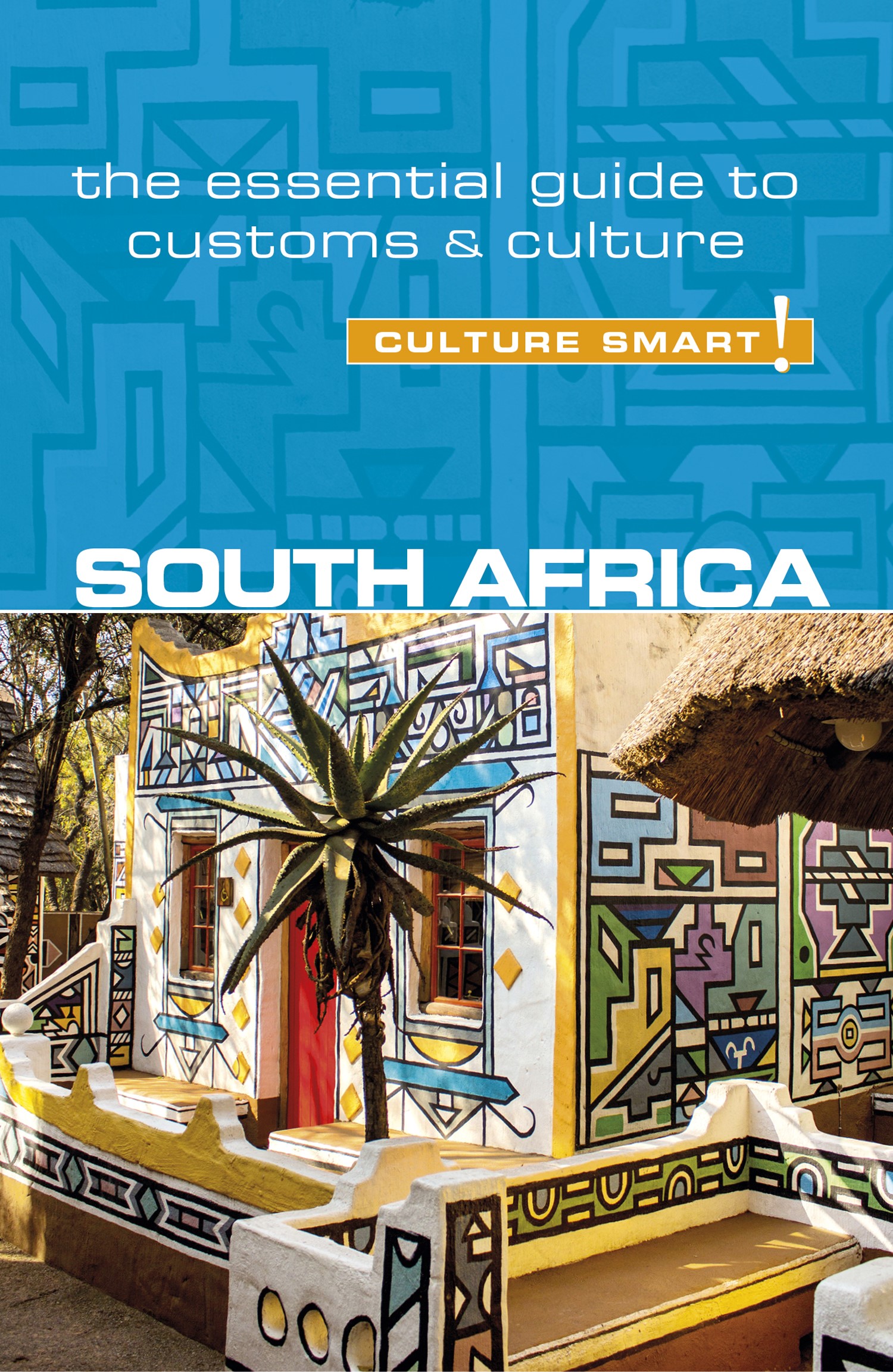5 cultural tips and facts from South Africa – winners of 2019 rugby world cup
1 – South Africans go out of their way to make newcomers feel welcome, and this may include being invited to stay in their homes. If you’re invited to stay, there are a few observances that should make your visit comfortable for everyone. Make sure that you keep your room tidy; even if there is a housekeeper, don’t take advantage of it. Offer to help with chores or cooking, even if there is domestic help. Although the original invitation might have been to ‘stay as long as you like,’ be perceptive and gauge how your presence is affecting others. Don’t overstay your welcome.
2 – If you are invited to a South African home for a braai (barbecue) or a formal dinner, arrive on time. Some occasions are ‘BYOB’ (bring your own bottle/booze) or ‘bring and braai’, in which case you’re expected to contribute your share of drinks, meat, salads, or other dishes. South African gatherings are notorious for serving a meal well into the afternoon or evening after normal eating hours.
3 – Did you know? – Ballet is a very popular form of dance in South Africa. There are ballet schools across the country nurturing talent from the suburbs to the townships. International prima ballerina Phyllis Spira was born in South Africa. The late John Cranko was a celebrated choreographer with the royal Ballet and Stuttgart Ballet.
4 – Food: South Africans are big meat eaters. Meat is the staple of almost every meal for those who can afford it, and local red meat is particularly flavourful. In black townships the smell of roasting chisa nyama (hot meat) wafts on the air. This barbecued meat, which ranges from goat to beef and usually include a slab of the cheaper cuts, is commonly accompanied by side dishes of chopped tomato onion and coleslaw, and chakalaka or sheshebo, which is a tomato, onion, and chili relish.
5 – Women in society: on august 9 every year, during Women’s Month, South Africa commemorates Women’s Day as a tribute to the 20,000 women who marched to the Union Buildings in Pretoria on that day in 1956 to protest against the extension of the notorious Pass Laws to women. This historic event showed that women had become equal partners in the struggle against apartheid.
If you would like to read more about South African culture, you can purchase a paperback or ebook copy on our shop listing – Culture Smart! South Africa
